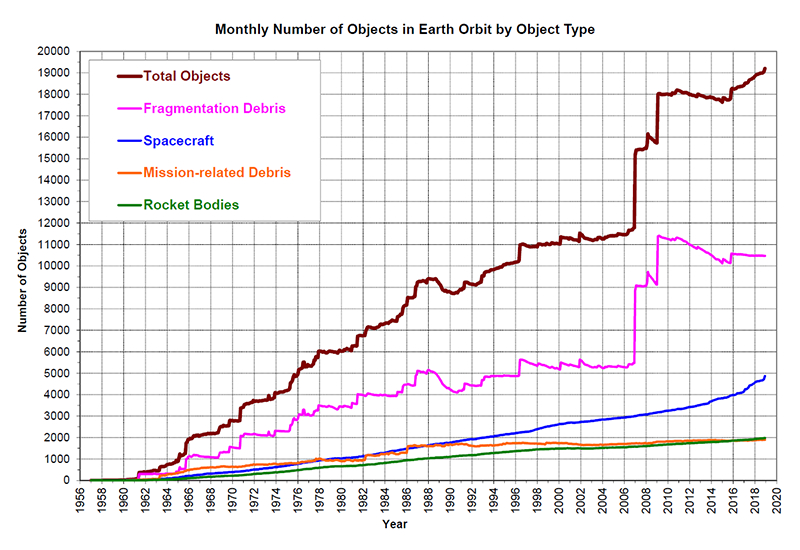Satellite Positioning
TL; DR
Improving the prediction of the position of a space object using machine learning.
About
The project task – build a model that would predict the position of space objects using simulation data.

https://www.esa.int/Applications/Telecommunications_Integrated_Applications/Orbits
Predicting the position of satellites is one of the most important tasks in astronomy. For example, information on the exact position of satellites in orbit is necessary to avoid extremely dangerous satellite collisions. Each collision leads not only to satellites destruction, but also to occurrence of thousands of pieces of space debris pieces. For instance, Iridium-Coscos collision in 2009 increased number of space debris by approximately 13%. Further collisions may result in Kessler syndrome and the inaccessibility of outer space. Also, a more accurate prediction of satellite position will help calculate more efficient maneuvers to save propellant and extend satellite life in orbit.

At the same time, it is difficult to predict the exact position of a space object, since the form and other parameters might be unknown, furthermore mathematical-physical models cannot fully take into account many factors, such as the Earth’s Surface Roughness and Solar pressure.
One of the partners of the Olympiad and the project of the task is the Russian Astronomical Science Center (ASC). ASC is engaged in the creation and operation of automated optoelectronic systems for observing space objects and automated systems for processing information about space objects. This problem has special relevance to them. For example, maintaining the Catalog of Earth Satellite Orbits requires repeated observations of space objects. To do such observations, it is necessary to know where to target the telescopes (video).
Results
- Dataset (simulated by General Mission Analysis Tool and SGP4)
- The problem was presented for solution at the online stage of the International Data Analysis Olympiad (2020, also there is a webinar webinar)
- Bachelor’s and master’s theses of students
- A lot of models for solving the problem (from students HSE and IDAO participants)
- Task on HSE International Centre for Research and Teaching
- Demonstrated at “SMILES”, summer school (Moscow, Skoltech, 2020)
My role
- Mentoring students (3 theses defended)
- Create a task for International Data Analysis Olympiad
- analyzed the task and SOTA
- prepared and verified data (ephemeris) using GMAT and SGP4
- prepared a baseline (LR)
- checked and analyzed the solutions of the participants
- answered questions from participants
- speech at a webinar
- Demonstrate at “SMILES”, summer school (Moscow, Skoltech, 2020)
- Create a task for the HSE International Centre for Research and Teaching